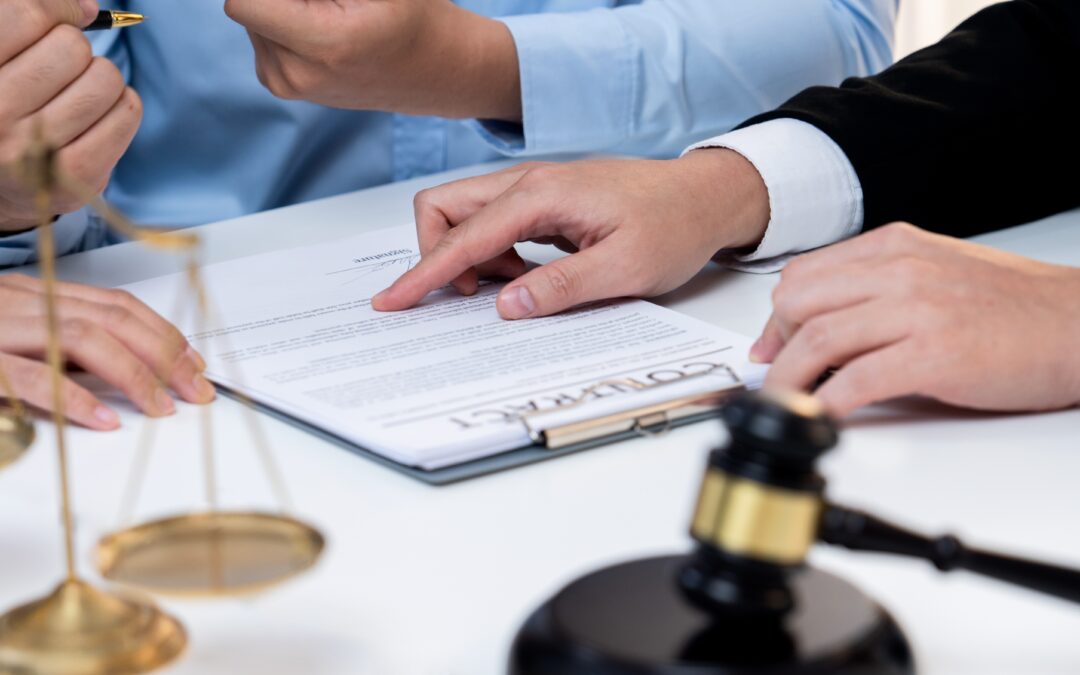As part of the divorce process, you and your spouse must share information with each other relevant to the divorce. This stage is known as discovery, and both sides are required to submit financial records, answer written questions, and likely participate in a deposition, where the questions and answers are given verbally. Depositions can be stressful because they’re similar to testifying in court, although there are differences. Understanding how they work and why they’re important can help you feel more prepared and confident about your case.
What Is a Deposition?
A deposition is an out-of-court procedure related to your court case where opposing counsel asks a witness questions to determine facts and uncover additional information that may need to be further investigated. Witnesses are under oath and must answer truthfully.
While spouses are typically deposed, other witnesses may also be questioned if they have relevant information. These may include financial experts among others.
Where Is a Deposition Conducted?
Usually, a deposition occurs in the office of the attorney doing the questioning. However, it can be in the courthouse, although the judge will not be present.
Who Is at the Deposition?
The parties and their counsel are present at the deposition. In addition, the person being questioned (if not a party) is there with his or her counsel.
A stenographer is also at the deposition and is responsible for putting the witness under oath and recording the proceedings. After the deposition is concluded, the stenographer provides a transcript to all the attorneys.
How Do You Prepare for a Deposition?
Your attorney will explain the process and the likely questions opposing counsel will ask you.
How Long Is a Deposition?
In New York, depositions in matrimonial cases cannot exceed 7 hours without the court’s permission.
Depositions are an integral part of the discovery process. They offer the opportunity to question a witness about documents that have been provided. The answers can explain unclear or suspicious evidence, and may reveal information that was withheld or requires further investigation. A skilled attorney knows what to ask and how to ask it to help move your case forward and identify any areas of concern in your divorce.
If you are considering divorce, contact us to learn how we can help you achieve the best result in your case.

